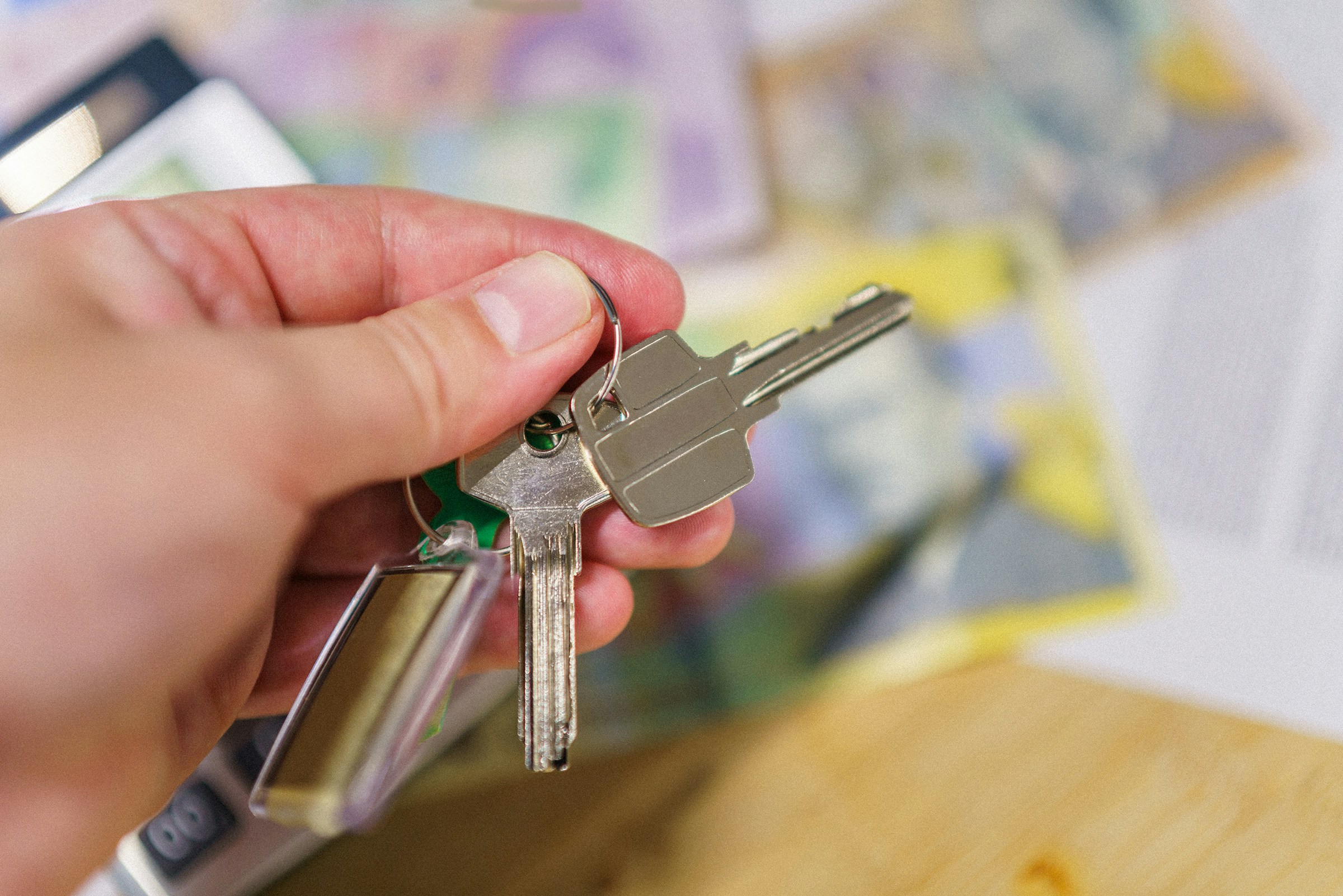Owning and managing rental properties in the UK entails numerous responsibilities, especially when it comes to ensuring the safety of tenants. The legal landscape is continuously evolving, and as property owners, you must stay updated with the latest safety regulations. From fire safety to gas compliance, maintaining a safe and legally compliant rental property is essential. In this article, we will delve into the key areas where landlords must focus to ensure tenant safety and meet legal standards.
Understanding Fire Safety Regulations
Fire safety is a critical aspect of property management. Recent changes in building regulations have made it imperative for landlords to take extra measures to protect their tenants.
Avez-vous vu cela : What are the financial benefits of owning a commercial property in the UK?
In the UK, fire safety regulations stipulate that landlords must install working smoke alarms on each floor of the property and carbon monoxide detectors in rooms where solid fuel appliances are used. You should also ensure that these alarms are tested and maintained regularly. Fire doors must be installed in multi-occupancy buildings, and emergency lighting should be provided in communal areas.
To further ensure compliance with fire safety laws, you should conduct regular fire risk assessments. This involves identifying fire hazards, evaluating risks, and implementing necessary measures to mitigate them. Estate agents can also assist in conducting these assessments and ensuring that all safety standards are met.
En parallèle : What are the legal requirements for converting a UK commercial property to residential?
Additionally, providing tenants with fire safety information and conducting periodic fire drills can significantly enhance their safety. Remember, non-compliance can result in heavy fines and legal action, so it’s crucial to stay vigilant.
Ensuring Gas Safety
Gas safety is another essential aspect of maintaining a rental property. According to UK regulations, landlords must ensure that all gas appliances are safely installed and maintained. A Gas Safe registered engineer must carry out an annual gas safety check, and a Gas Safety Certificate (CP12) must be provided to the tenant.
It is not enough to just have the annual check; landlords should also ensure that any repairs and maintenance are carried out by a Gas Safe registered engineer. Keeping records of these checks and maintenance can help prove compliance with legal requirements.
Moreover, landlords should educate their tenants about the importance of gas safety. Providing tenants with information on how to detect gas leaks, use appliances safely, and what to do in case of an emergency can prevent potential hazards.
Failure to comply with gas safety regulations can lead to severe penalties, including imprisonment. Hence, staying up-to-date with gas safety measures is not just a legal obligation but a moral one as well.
Electrical Safety Compliance
Electrical safety is equally important in ensuring tenant safety and property compliance. In the UK, landlords must ensure that all electrical installations in the rental property are safe when tenants move in and maintained throughout the tenancy.
Since July 2020, landlords are required to have electrical installations inspected and tested by a qualified electrician every five years. An Electrical Installation Condition Report (EICR) must be obtained, and any remedial work identified in the report must be carried out within 28 days.
Providing tenants with a copy of the EICR is not just a legal requirement but also a way to offer transparency and build trust. Regularly checking and maintaining all electrical appliances, sockets, and wiring can prevent electrical faults that may lead to serious accidents.
Additionally, landlords should ensure that tenants are aware of the proper use of electrical appliances. Misuse can lead to damage and pose significant safety risks. Therefore, providing clear instructions and guidelines can be a proactive way to ensure tenant safety.
Non-compliance with electrical safety regulations can result in fines and even imprisonment. Staying updated with the latest regulations and conducting timely maintenance checks is the best way to mitigate these risks.
Health and Safety in Rental Properties
Maintaining health and safety in rental properties goes beyond just fire, gas, and electrical safety. The overall condition of the property plays a significant role in ensuring a healthy and safe living environment for tenants.
Under the Housing Health and Safety Rating System (HHSRS), landlords must ensure that their properties are free from hazards that could affect the health and safety of tenants. This includes issues like dampness, mould, and structural integrity.
Regular property inspections can help identify potential health hazards early on. Addressing issues promptly, whether it’s fixing a leaking roof or repairing broken stairs, can prevent accidents and health problems.
Furthermore, landlords must ensure that the property has adequate heating and insulation to maintain a comfortable living environment. Energy efficiency is an essential aspect of property compliance. Ensuring that the property meets the minimum energy efficiency standards not only helps in reducing energy bills but also contributes to a healthier living space.
Lastly, landlords should ensure that the property is accessible for all tenants, including those with disabilities. Making necessary adjustments to accommodate tenants with specific needs is not just a legal requirement but also a step towards providing inclusive housing.
Legal Obligations and Compliance
Landlords must be aware of their legal obligations to ensure property compliance. This includes adherence to building regulations, obtaining necessary planning permission, and protecting the tenant’s deposit.
Building regulations cover a wide range of aspects, from structural integrity to fire safety. Ensuring that any construction or renovation work complies with these regulations is crucial. Obtaining the necessary planning permission for any alterations or extensions is also a vital step.
Tenant deposit protection is another critical aspect of landlord compliance. Landlords are required to protect the tenant’s deposit in a government-approved scheme within 30 days of receiving it. Providing the tenant with the necessary information about the deposit protection scheme is equally important.
Furthermore, landlords must have a written tenancy agreement that outlines the terms and conditions of the rental arrangement. This agreement should include details about rent, deposit, responsibilities of both parties, and procedures for resolving disputes.
Staying updated with the latest legal regulations and maintaining thorough documentation can prevent disputes and legal complications. Seeking advice from estate agents or legal professionals can also help in navigating the complex legal landscape of property management.
Ensuring compliance with the latest safety regulations is paramount for UK landlords. From fire and gas safety to electrical compliance and overall health and safety, meeting these legal standards is essential for the well-being of tenants and the property.
By conducting regular safety checks, providing tenants with essential information, and staying updated with the latest regulations, landlords can create a safe and legally compliant rental property. Seeking assistance from estate agents and legal professionals can further help in navigating the complexities of property management.
Ultimately, ensuring tenant safety and property compliance is not just about meeting legal obligations but also about providing a safe and comfortable living environment for tenants. By taking proactive measures and staying vigilant, landlords can effectively manage their properties and foster positive landlord-tenant relationships.











